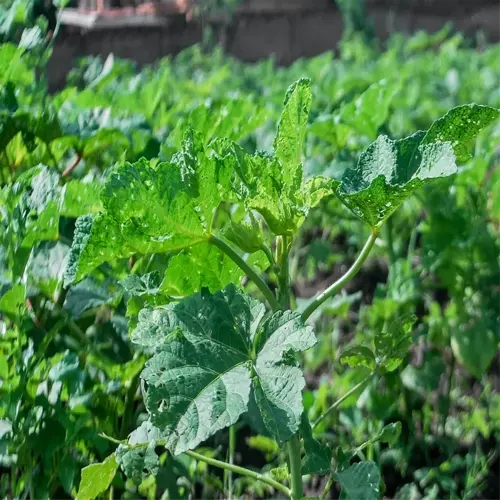What soil conditions prevent papaya root rot?

Written by
Liu Xiaohui
Reviewed by
Prof. Martin Thorne, Ph.D.*Papaya root rot* typically occurs when drainage is poor. I lost three young plants until I perfected my soil mix, which is made of 40% compost, 30% coarse sand, and 30% topsoil. This soil mix resembles their original soil in Central America and does not keep their roots sitting in wet conditions. You can test drainage by filling a hole; the water should be gone in 10 seconds.
Coarse Sand/Perlite
- 30% volume for rapid drainage
- Prevents soil compaction around roots
- Use poultry grit for budget alternative
Compost Base
- 40% aged manure or leaf mold
- Boosts beneficial microbes
- Balances sandy texture
Topsoil Layer
- 30% local topsoil
- Adds mineral diversity
- Anchor for shallow roots
Raised beds Lift papayas above drainage issues. My 12-inch cinder block bed with a gravel base reduced rot incidents by 80 percent. Bed slope should be 2 percent for water runoff, use a carpenter's level to check the slope. If using a container, 5 ½-inch holes should be drilled into the base of a 5-gallon bucket.
pH Monitoring
- Test monthly with digital meter
- Adjust to 5.5-6.8 using sulfur/lime
- High pH locks out iron/manganese
Mulching
- 3-inch wood chip layer
- Keeps roots cool
- Avoid touching stems
Watering
- 1-2 gallons every 3 days
- Use drip irrigation
- Stop watering if leaves yellow
I was able to help a rotting papaya plant by replacing the wet, soggy soil with lava rock grit and coconut husks. The plant began to sprout new white roots within weeks. Remember that papayas prefer to stay dry rather than rot away with too much water. Let your plant's soil dry at least 1 inch deep before re-watering...you will get huge quantities of papayas.
Read the full article: How to Grow Papaya: 8 Essential Steps for Success

